Sea Turtle conservation and education with Dr Corinne Brion

My name is Fleur Morton, and I am a part of WildHub’s Conservation Catalyst programme, which is all about creating engaging content through interviewing experts in the field of nature and conservation about their expertise and experience. I joined this programme as a recent Master’s graduate and am now a Wildlife Conservation Professional trained through WildTeam UK, as well as a member on the Board of Trustees at the RSPCA, who is passionate about the field of conservation and animal welfare, and I love learning all that I can from inspiring professionals in this field while I progress my career. I have a lot of experience in researching many animal species from my Master of Animal Behaviour Psychology, and am now progressing my career in wildlife conservation and animal welfare. I had the pleasure of having a conversation with Dr Corinne Brion, Founder of the Turtle Up sea turtle conservation organisation, and professor at the University of Dayton, about her rich career as an educator and sea turtle conservationist. She shares her journey into creating a sea turtle conservation organisation, her vision and community based approach, her hopes for the future in sea turtle conservation and education, and advice for early career professionals. Please find this conversation below.
Fleur: Could you tell me a bit about yourself? How long have you worked in education and wildlife conservation, and what made you start a career in both of these fields?
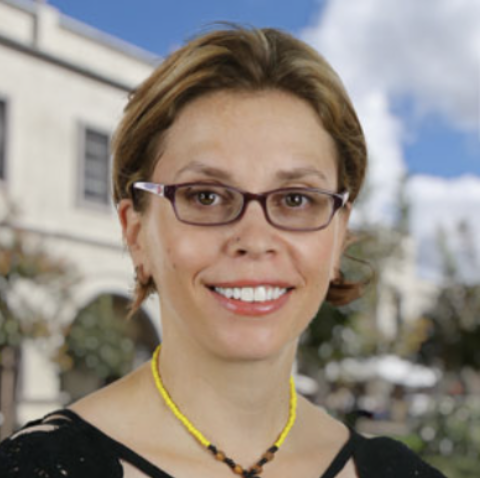 |
Corinne: I'm an associate professor at the University of Dayton in educational administration. I have been an educator in various sectors, levels and states here and in France, as a teacher, as a principal and I started a charter school. I've been in education all of my career. My PhD led me to work for six years in five African nations. During that time, I fell in love with the continent, particularly with Ghana, and the natural beauty and wildlife. Now that I am a tenured associate professor and have more flexibility, I could create Turtle Up, which I have always had the idea for, and is now two years old. |
Fleur: What inspired you to create the Turtle Up organisation?
Corinne: I have always been fascinated by animals, in particular sea turtles, as well as dogs and horses. Sea turtles have been around for about 100 million years, some say more, and there must be a reason for that. Right now in coastal Ghana they are very much endangered, and a couple of years ago I was asking myself how I can help the turtles, environment and people. People impact the environment from which they feed themselves. It is a difficult cycle, as the people in the coastal community poach sea turtles and that actually doesn't help them, as sea turtles help them find more fish. It is also against the law. However, there are sometimes not enough fish in the ocean because of pollution and overfishing, leading them to poach sea turtles instead. So it is really a vicious cycle and it's about turning that into a virtuous cycle and educating the community on sustainable practices, and the importance of conserving sea turtles. I saw a huge desire in myself to help both the people of coastal Ghana and our planet.
(For more information about the 'Turtle Up' organisation and its work, please visit https://turtleup.org/home/)
I saw a huge desire in myself to help both the people of coastal Ghana and our planet - Dr Corinne Brion, Founder of 'Turtle Up'
Fleur: How was the process of setting up Turtle Up? Did you have any challenges getting started?
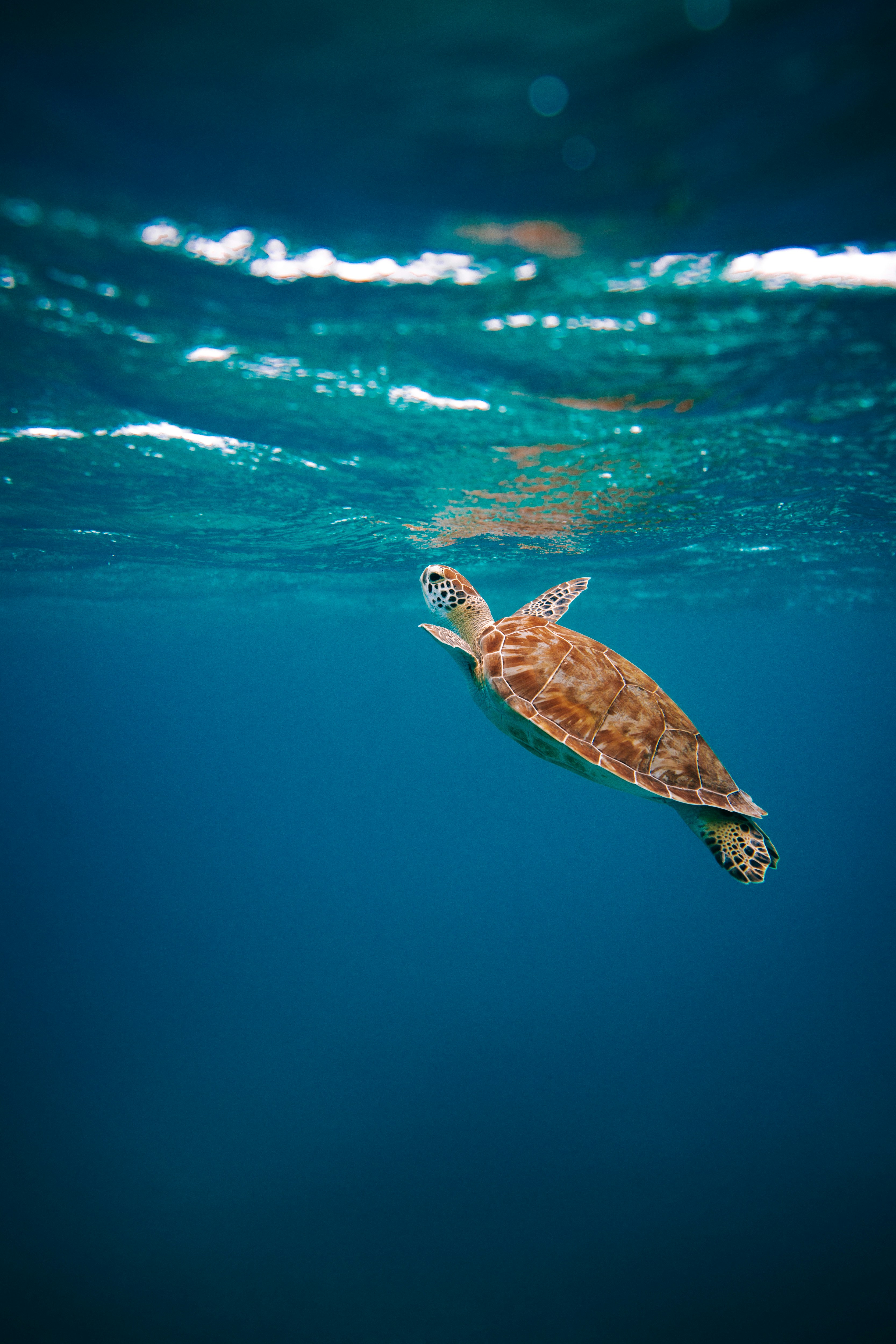 |
Corinne: Yes, setting up a non-profit in the US is never easy. All of the paperwork is a process, and then you need to recruit board members that will have time to work on the project. It is also a multi-layered project as my vision is very big. With that, time is a challenge as we are all volunteers and everyone has jobs and families and because of that we can't always move at the pace that I would like to. Also, as a young organization we are competing with organizations that are 60 or so years old and have a lot of experience under their belt, and even though our work has been huge over two years, people don't want to fund young organizations, and it gets into a vicious cycle - much like jobs, you won't be hired if you don't have experience but how do you get experience if you aren't given a chance? So I would say we face quite traditional non-profit challenges, but we have an amazing team. |
Fleur: What would you say are the main threats to sea turtles and conserving them?
Corinne: It's really that cycle of people in the coastal community poaching sea turtles to earn money, and needing education on sustainable practices. Second to that, plastic pollution is also a threat. Turtle Up tries to help the community with livelihood, and we try to create, with local partners, recycling centres too, and we pay people when they bring in plastic. So it gives people money, and helps the beaches be cleaner, which will attract tourists and also help the sea turtles as they aren't ingesting plastic. It's a process, and you cannot change mindsets overnight. But we are helping to create more of the infrastructure that is really lacking. Another threat that we have been seeing is dogs - they often get to sea turtle eggs before humans can do anything about it, as they sniff them out. That one is a case of working out how we protect these eggs without interfering with Mother Nature. We have students working on prototypes and ideas for this, and hopefully we can find some way to protect them. I do find it really hard - walking across the beach and seeing a beautiful sea turtle has died, it is so disheartening but also what inspires me - we have to do better.
Seeing a beautiful sea turtle has died, it is so disheartening but also what inspires me - we have to do better - Dr Corinne Brion, Founder of 'Turtle Up'
Fleur: Thinking about your career in education, what inspires you most about working in education?
Corinne: It's my passion and my calling. I just love teaching. I'm really mostly a facilitator of learning, which is quite different. I love to engage students in critical conversations, difficult conversations and I really learn from them. There is so much to learn, every generation is so different and fields are always evolving. In Turtle Up, it is really inspiring to be educating the community and next generation that will protect our planet and sea turtles. In Ghana specifically, there is a focus on girls and their education as culturally they don't always get the same opportunities - we have a lot of big dreams for girls in Ghana.
Fleur: What key lessons have you learned working with different cultures and across
different countries in education and conservation? Have you noticed cultural differences across your work?
Corinne: Yes, for sure. Personally, I'm from France, living in the United States and married to a Ghanaian, working in the US and in Ghana and other African nations for my research. So there are a lot of cultural differences in that mix and as the founder of an organisation that works across cultures and continents, it can be challenging to bring my board members on board, if that makes sense. Time is different, you have the time zone difference but also Ghana's concept of time - sometimes people will show up late to meetings or they need to get cancelled, their notion of time is different, so both sides have to adapt, and I find that everything is better in person, too, as it is a very welcoming culture. There is also more time spent talking about how people and their families are, it isn't straight to business like it is in the US and other countries, and I think that's beautiful, it helps you to create stronger relationships with people.
Fleur: What progress are you hoping to see in conservation and education in the next 10 years?
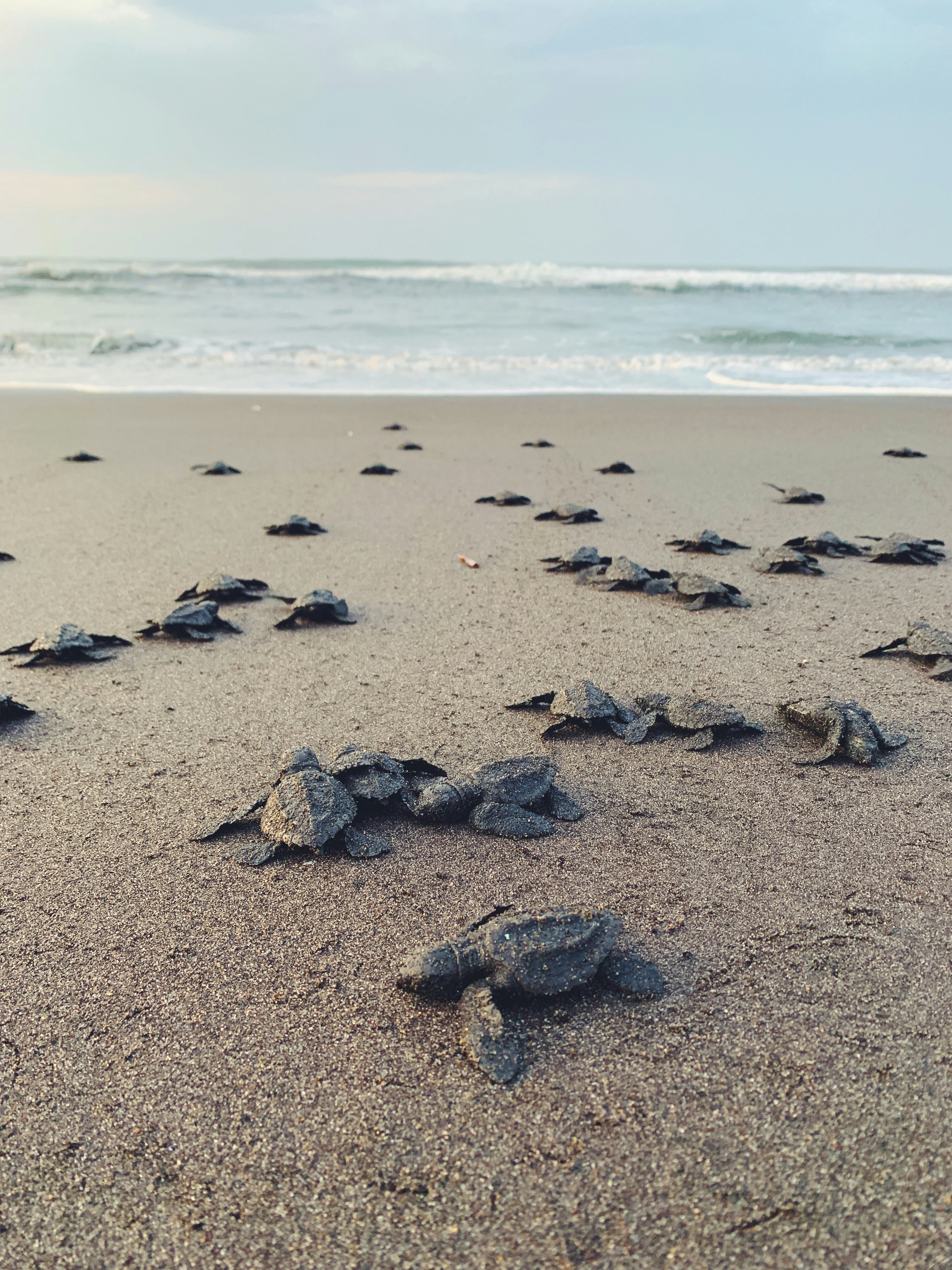 |
Corinne: I would like Turtle Up to become a movement, and I would like to continue to educate - the generation currently in college are very interested in trying to help the planet and do better. With a few partners in Ghana I would also like to open a STEM centre for girls, which will take a lot of time and resources. In terms of conservation, I would also really like to partner with marine biologists and turtle experts to help all of West Africa, and protect more turtles and eggs, and see where research and innovation takes us. |
Fleur: What advice would you give early career professionals just getting started in the conservation field?
Corinne: I don't know if I'm the best person to ask because I'm also just getting started really. I think from what I have experienced so far, my main advice is you have to have that passion for what you are doing, because it can be very hard. There are highs and lows in this field and you can only come back from a low if you have that passion for it. These issues are multi-layered, and take a lot of time and resources, and you may need to take breaks, but if it is your passion you will always come back to it, and if it isn't then it isn't something to pursue.
Fleur: What would you say are the highlights of your career so far? What achievements are you most proud of?
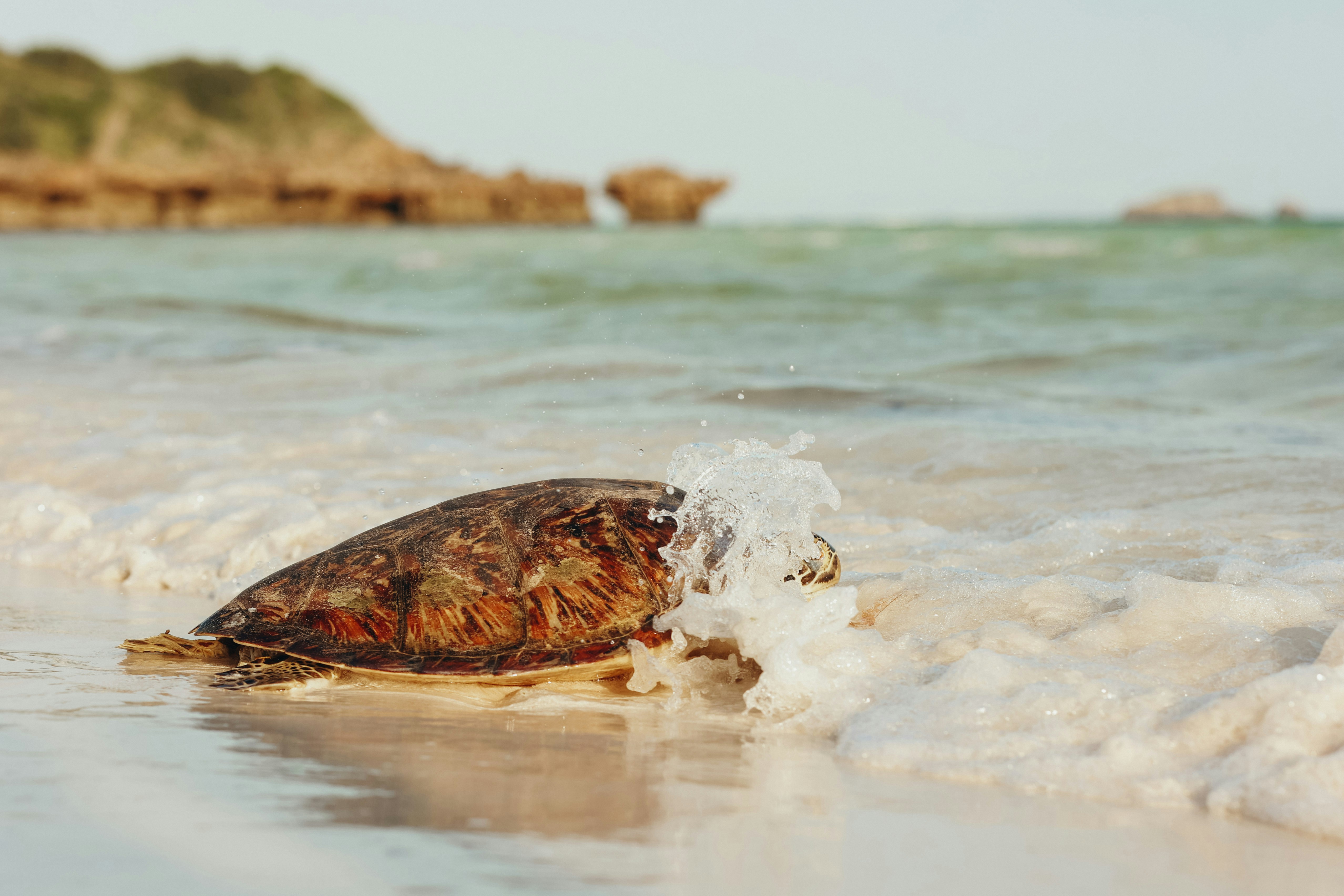 |
Corinne: In the US, having tenure is quite a big deal, so academically I guess I have proved myself, and I'm happy with everything I've done there. The achievements that have given me the most joy are anything I have done in Africa, and particularly Ghana; I am so proud of Turtle Up, I really love the project. The trajectory of my career hasn't been linear, but I'm so happy with where I am at and my vision is big, I'm hoping we can do a lot of amazing things for sea turtles, the community and the planet. |
My vision is big - I'm hoping we can do a lot of amazing things for sea turtles, the community and the planet - Dr Corinne Brion, Founder of 'Turtle Up'
A big thank you to Dr Corinne Brion for chatting with me about her inspiring career in education and sea turtle conservation. It was very exciting to hear about Corinne's vision for community-based sea turtle conservation and education across different nations.
For more information about the 'Turtle Up' organisation, please visit https://turtleup.org/home/
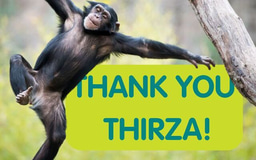
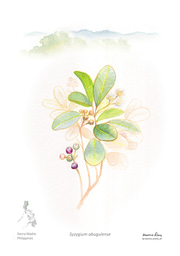
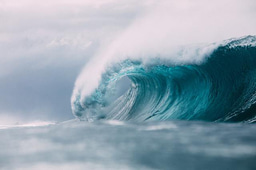

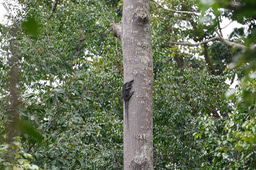
Please sign in or register for FREE
If you are a registered user on WildHub, please sign in
Thank you for sharing this insightful interview, Fleur!
And thanks Corinne for sharing your work with us. Loved reading about the different cultural approach to "time" and "business" - it is amazing to find partners who are interesting in building strong personal connections above all.
Thank you, Fleur, for your role as a Conservation Catalyst, it's wonderful to see these kinds of stories shared within our WildHub community. And thank you, Corinne, for so openly sharing your journey and vision with us.
@Corinne Brion I found your reflections on the early challenges of setting up Turtle Up especially insightful: navigating the administrative side, building a committed board, managing limited time as a volunteer team, and trying to build credibility as a young organisation. These are realities so many of us face in community-driven work.
Would you be open to sharing a bit more about how you managed to overcome some of those early hurdles, especially around attracting board members (and keeping them 'on board') and building momentum without major funding yet in place? I imagine others in our community could really learn from that.
As someone early in the conservation journey, I felt every word @Corinne Brion shared. It really does take a long time and a lot of resources. And I am also finding it difficult to find support to initiate my project. But thank you so much for continuing to push through and for inspiring me to do the same.
Also, a big thanks to @Fleur Morton for sharing Corinne’s story with us!